On October 16, 2003, China’s first-ever manned spacecraft, Shenzhou 5, lifted off from the Gobi Desert. Inside the spacecraft was China’s first astronaut (also called “taikonaut”) Yang Liwei. During his trail-blazing, 21-hour flight, Liwei reported hearing a strange “knocking sound” in space, as if someone was knocking the spacecraft from outside. But space is supposed to be silent, and so, the sound was both unusual and puzzling to Liwei, reported Xinhua.
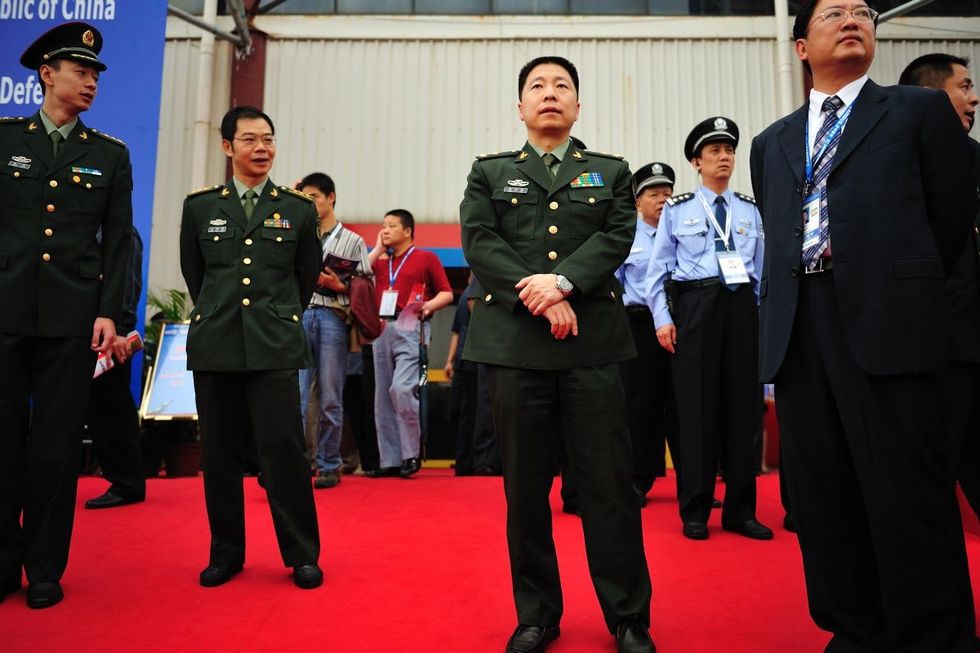
Ideally, space is supposed to be devoid of any sound, as there is just a vacuum prevailing there, which means there is no medium for sound waves to travel. "The traveling of sound waves requires a medium - be it air particles or water molecules or metal, solid atoms," Professor Goh Cher Hiang, an expert in space engineering at the National University of Singapore, told BBC.
The Shenzhou 5 mission, which made China the third country to independently send an astronaut to space after the U.S. and Russia, captured public attention with Liwei's report of the strange sound. Speaking to China Central Television, Liwei described the noise: “A non-causal situation I have met in space is a knock that appeared from time to time,” he said, as per a report by Xinhua. “It neither came from outside nor inside the spaceship, but sounded like someone was knocking the body of the spaceship just as knocking an iron bucket with a wooden hammer,” he added. Liwei said that he was nervous when he heard the sound and looked out the porthole to try and see the cause, but saw nothing of note, which only added to the mystery.
But he was not the first and the last astronaut to hear a sound from space. Similar sounds were heard by other Chinese astronauts on the Shenzhou 6 mission in 2005 and the Shenzhou 7 spacecraft in 2008. Plus, Apollo 10 astronauts also reported hearing an eerie sound on the dark side of the Moon. NASA later explained that it was some radio interference caused in a module of the spacecraft.
When Liwei was asked what he thought was the cause behind the strange knocking sound, he said the knocking sound was a result of decreasing air pressure that caused changes in the structure of the spacecraft as it left Earth for space, reported China Daily. He added that air leaking out of the objects in the space capsule could also trigger that sound. "I think it is normal," said Liwei. "It is necessary to carefully identify the cause."
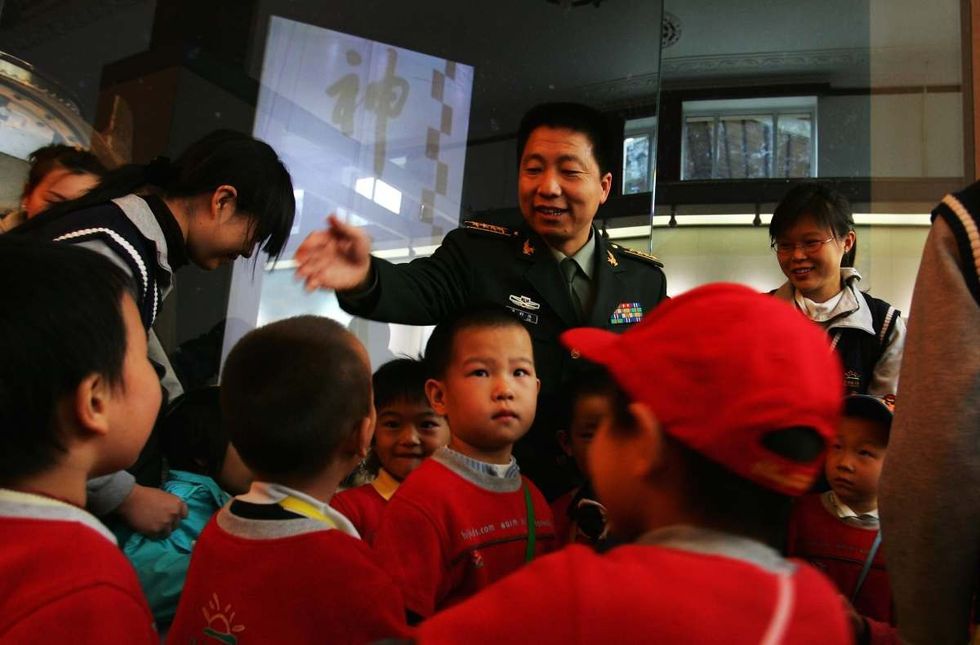
Another space scientist, Liu Hong, believed the sound came from tiny deformations in the space capsule's inner wall materials due to changes in pressure, per China Daily. Some researchers also found that a change in capsule temperature could result in changing air pressure, and the difference in pressure between the inner and outer walls of the capsule prompted tiny deformations in the wall materials, producing the sound "Dong! Dong! Dong!" "We may encounter all sorts of unexplained phenomena as we explore the unknown, but we should always seek a scientific explanation. That is what drives us forward," said Liu.





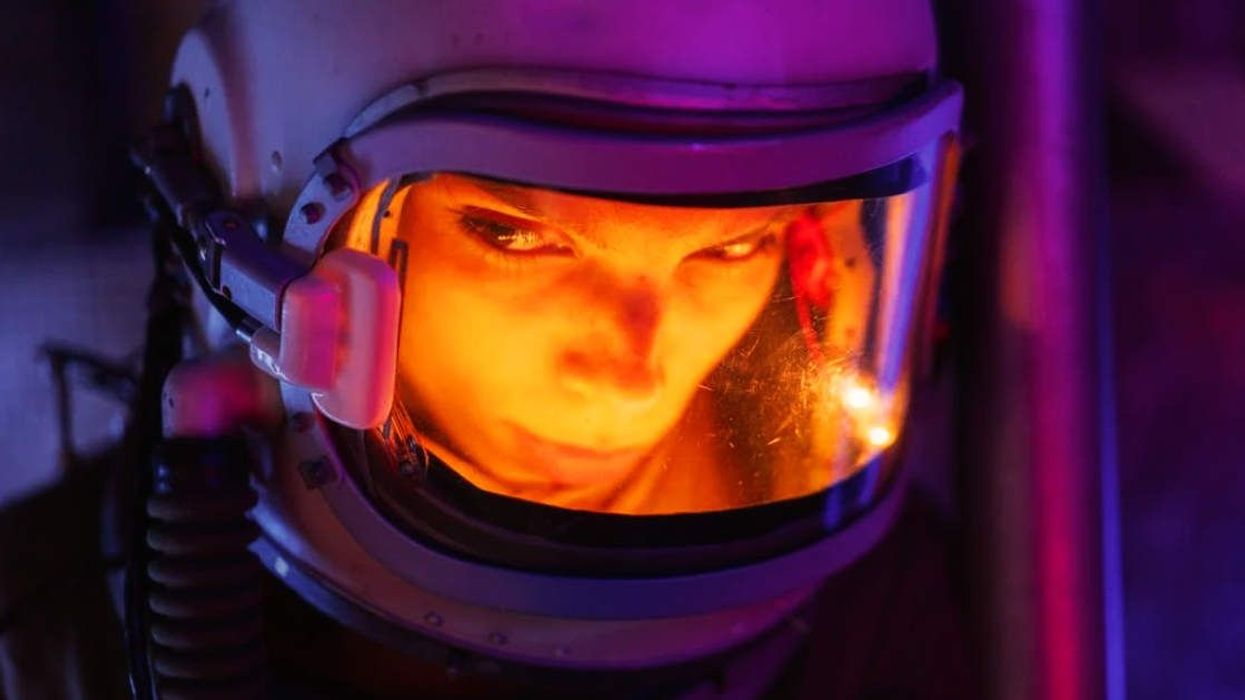

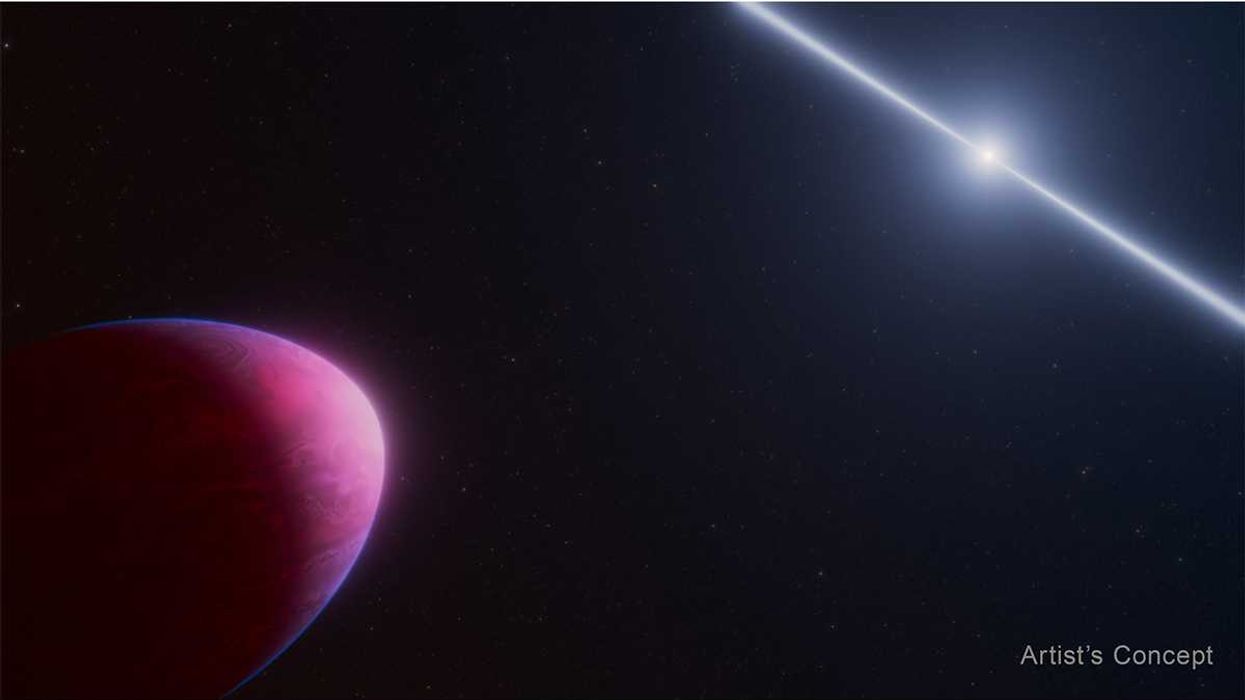









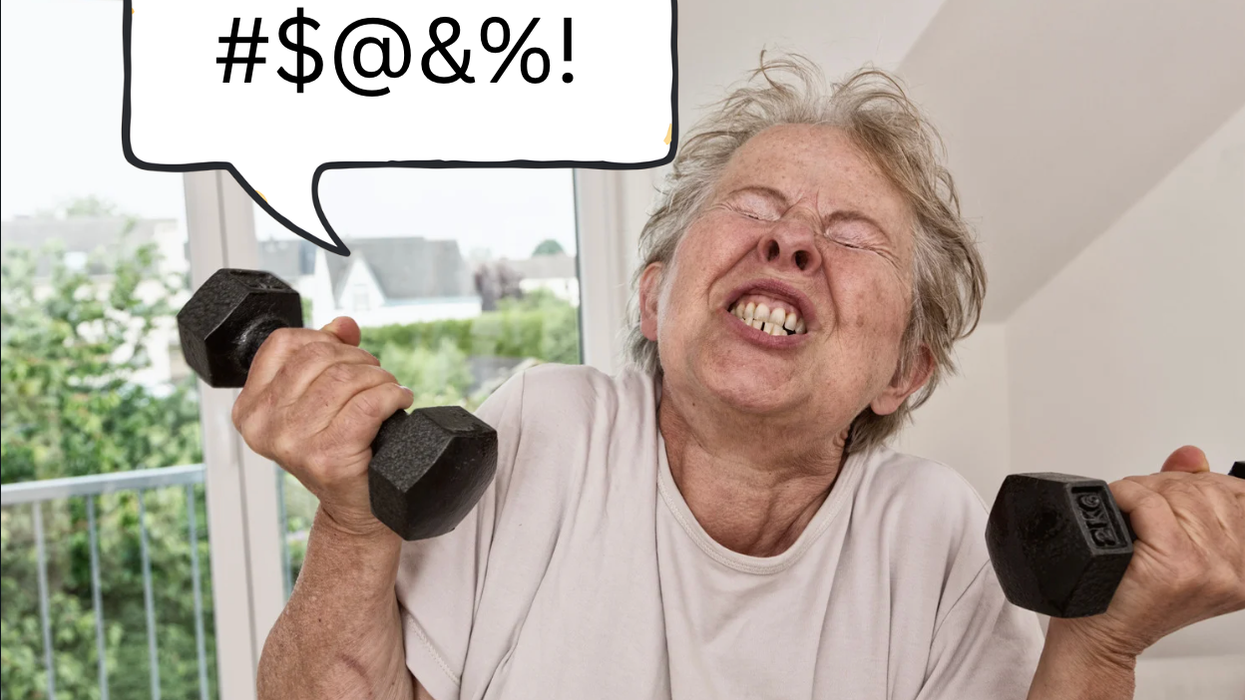
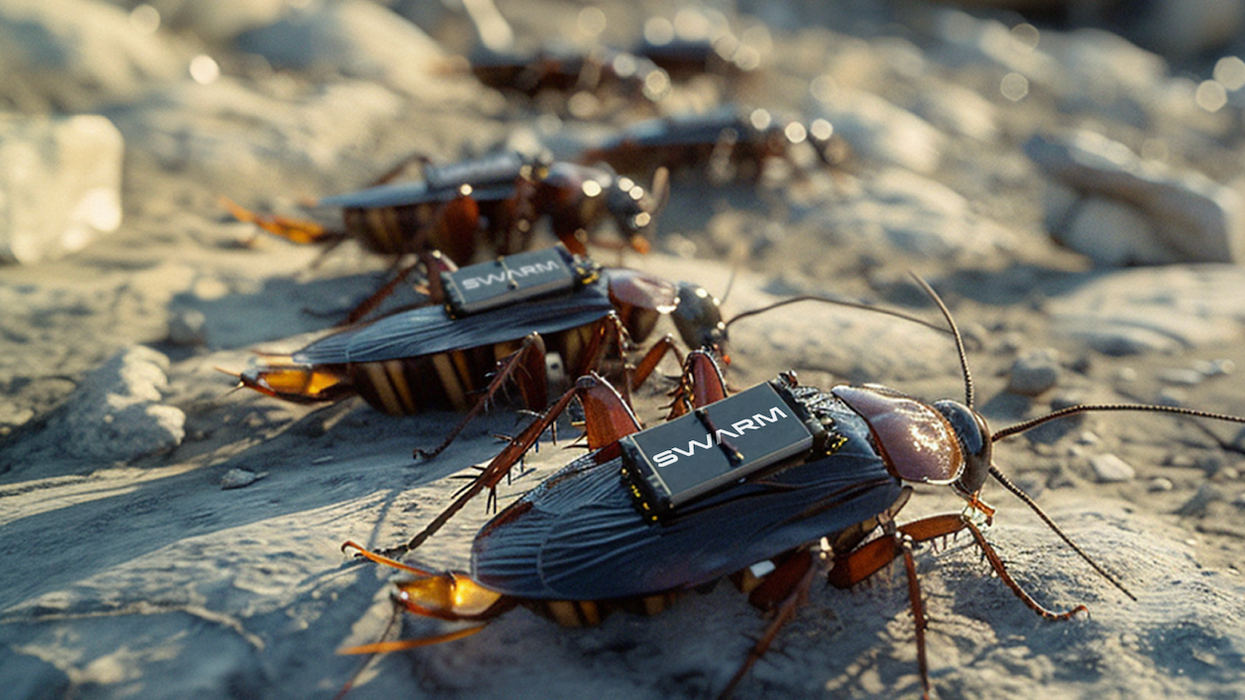


 A road near equatorial Atlantic OceanCanva
A road near equatorial Atlantic OceanCanva Waves crash against rocksCanva
Waves crash against rocksCanva
 Older woman drinking coffee and looking out the window.Photo credit:
Older woman drinking coffee and looking out the window.Photo credit:  An older woman meditates in a park.Photo credit:
An older woman meditates in a park.Photo credit:  Father and Daughter pose for a family picture.Photo credit:
Father and Daughter pose for a family picture.Photo credit:  Woman receives a vaccine shot.Photo credit:
Woman receives a vaccine shot.Photo credit: 
 Image artifacts (diffraction spikes and vertical streaks) appearing in a CCD image of a major solar flare due to the excess incident radiation
Image artifacts (diffraction spikes and vertical streaks) appearing in a CCD image of a major solar flare due to the excess incident radiation
 Brady Feigl in February 2019.
Brady Feigl in February 2019.
 Yonaguni Monument, as seen from the south of the formation.
Yonaguni Monument, as seen from the south of the formation.